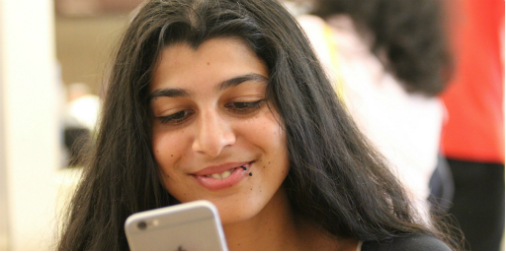Search Global Kids Online
-
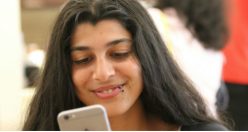
Setting the global research agenda for the new decade
11th February 2020
The Global Kids Online network continues to generate new findings, as more country partners join and extend the cross-national research effort. For the international Safer Internet Day 2020 we reflect on the lessons learned from recent research and think about the research agenda for the new decade.
-
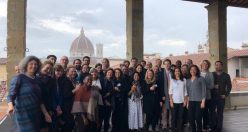
Using Global Kids Online evidence to build global understanding and action
18th July 2019
A recent Global Kids Online network meeting gathered 45 experts and practitioners from 27 countries to discuss the advancement of child rights and online protection drawing on existing and new research evidence by the network partners. We are following up with a webinar on impact and the lessons learned on how to use the evidence to build global understanding and action (Tuesday 23rd July, registration open).
-
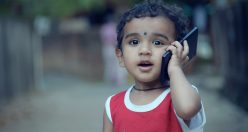
Global Kids Online India
9th May 2019
India is the latest country to join the Global Kids Online network and carry out research on children’s internet use. With a population of 247 million children aged 9 to 17 years old, India can provide important evidence on children’s experiences in South Asia. The research will be carried out by the Centre for Development management and Communication, MICA, (Ahmedabad) and will initially focus on the state of Gujarat.
-
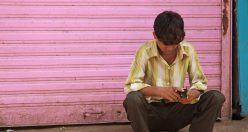
Collaborating with UNICEF India on Child Online Safety
19th January 2017
UNICEF India are currently conducting an awareness raising campaign on child online safety which builds on the findings of the first comprehensive report on Child Online Protection in India, launched in September 2016. Global Kids Online findings were presented at a recent event – part of the campaign.
-
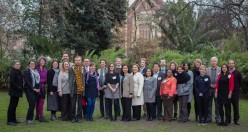
A meeting of Global Kids Online ahead of launch of global toolkit
3rd May 2016
LSE Department of Media and Communications and UNICEF Office of Research – Innocenti convened the second Global Kids Online network meeting at LSE on 21 and 22 March 2016. The meeting brought together close to 40 academics, researchers, and UNICEF staff from 14 different countries, including Argentina, Bulgaria, Ghana, India, Montenegro, the Philippines, Serbia, and South Africa, as well as representatives of the UK Home Office and WeProtect.
Popular tags


